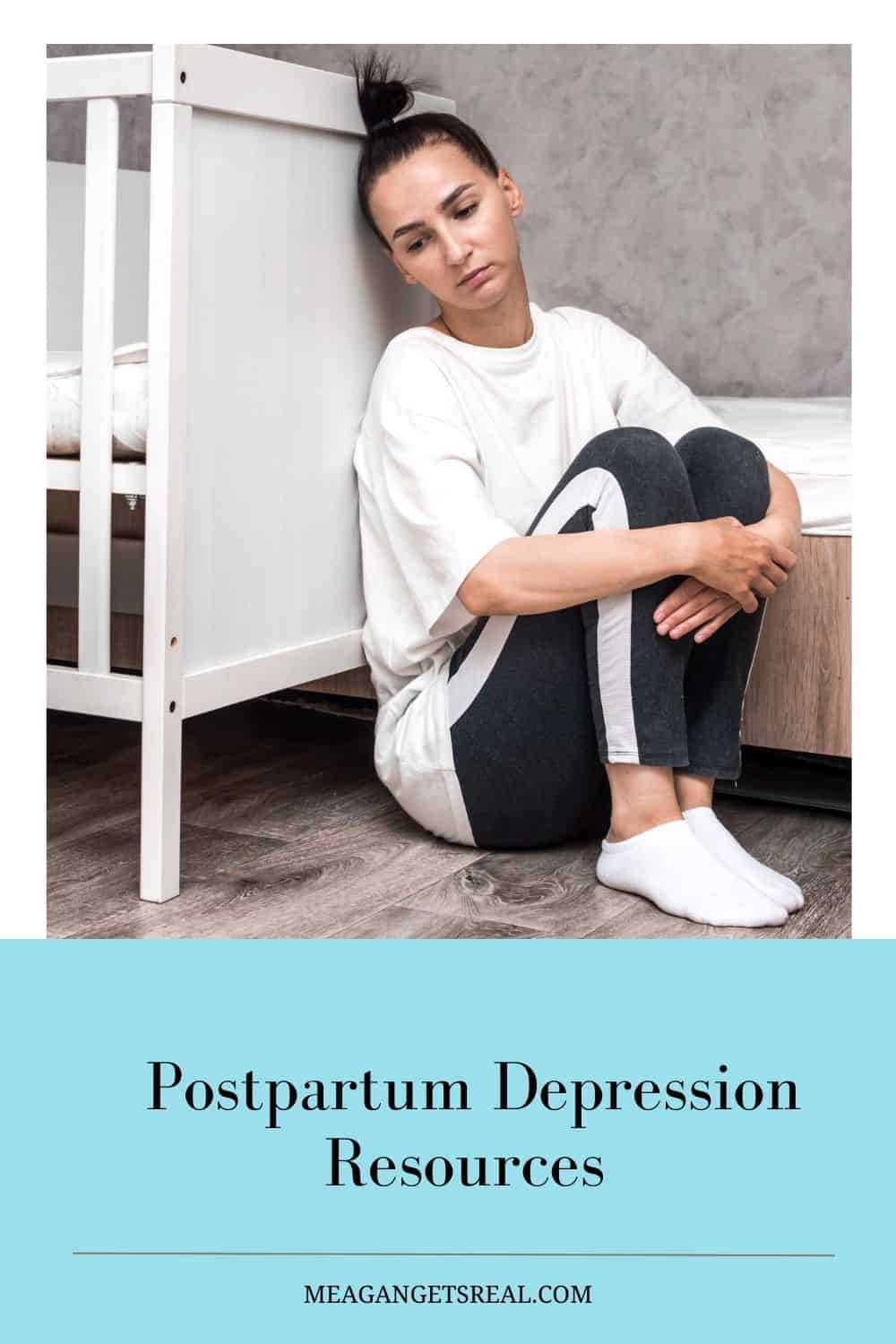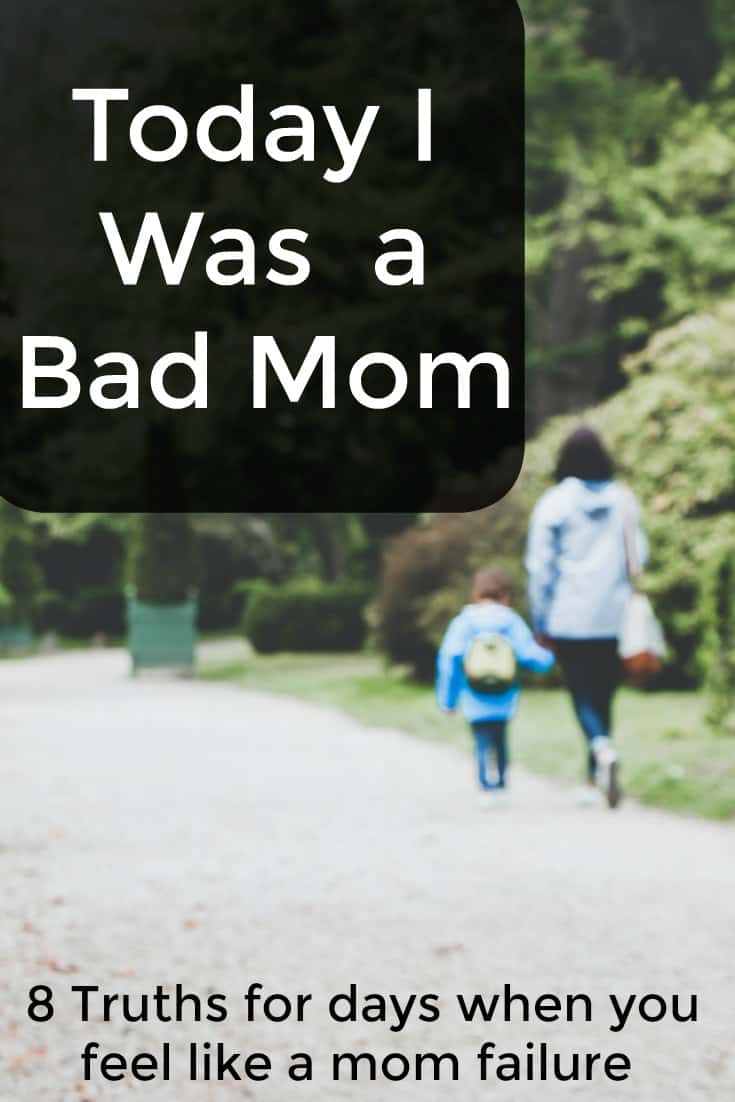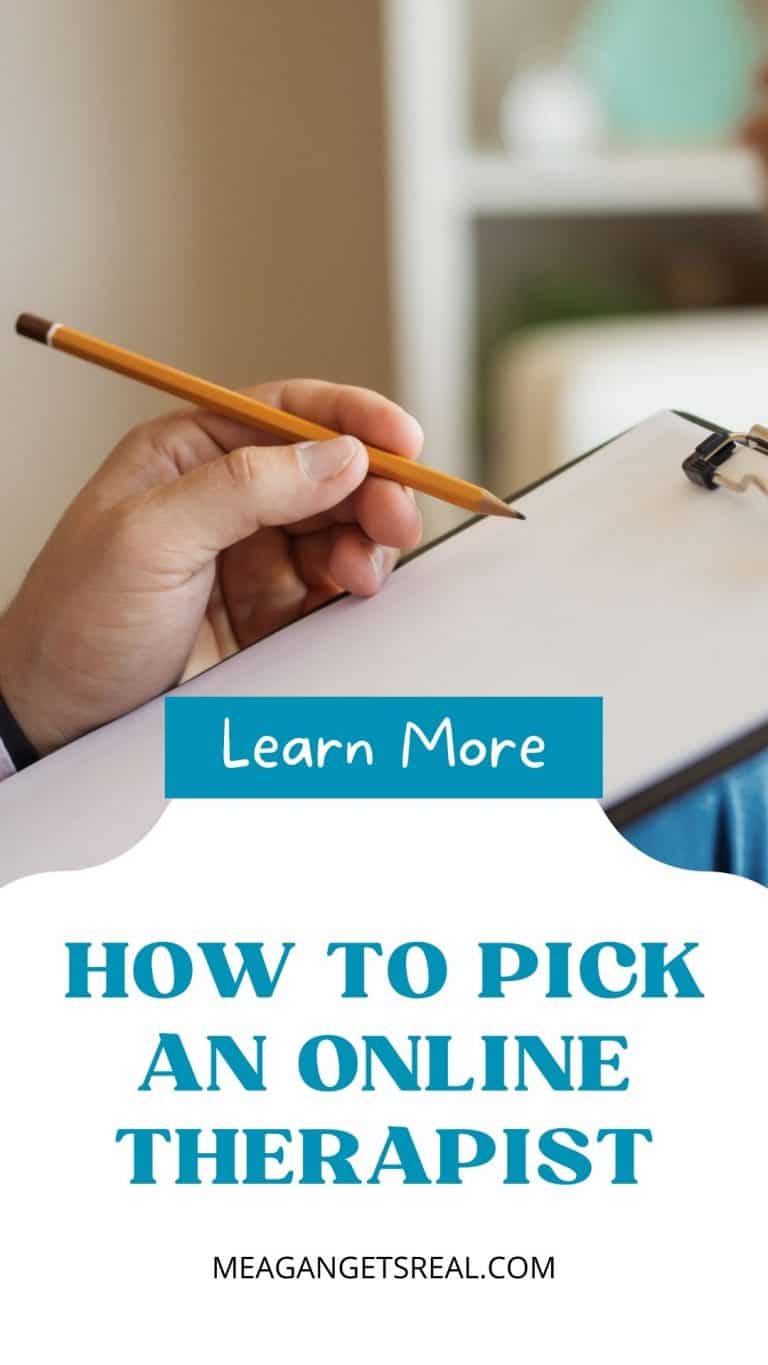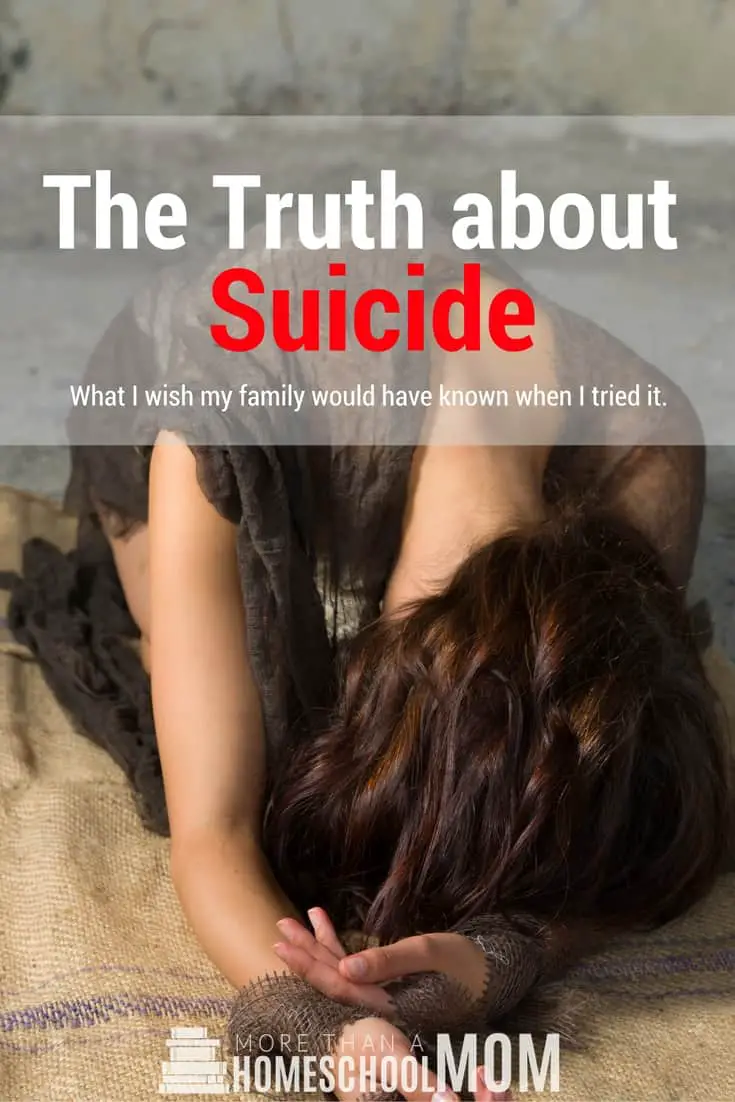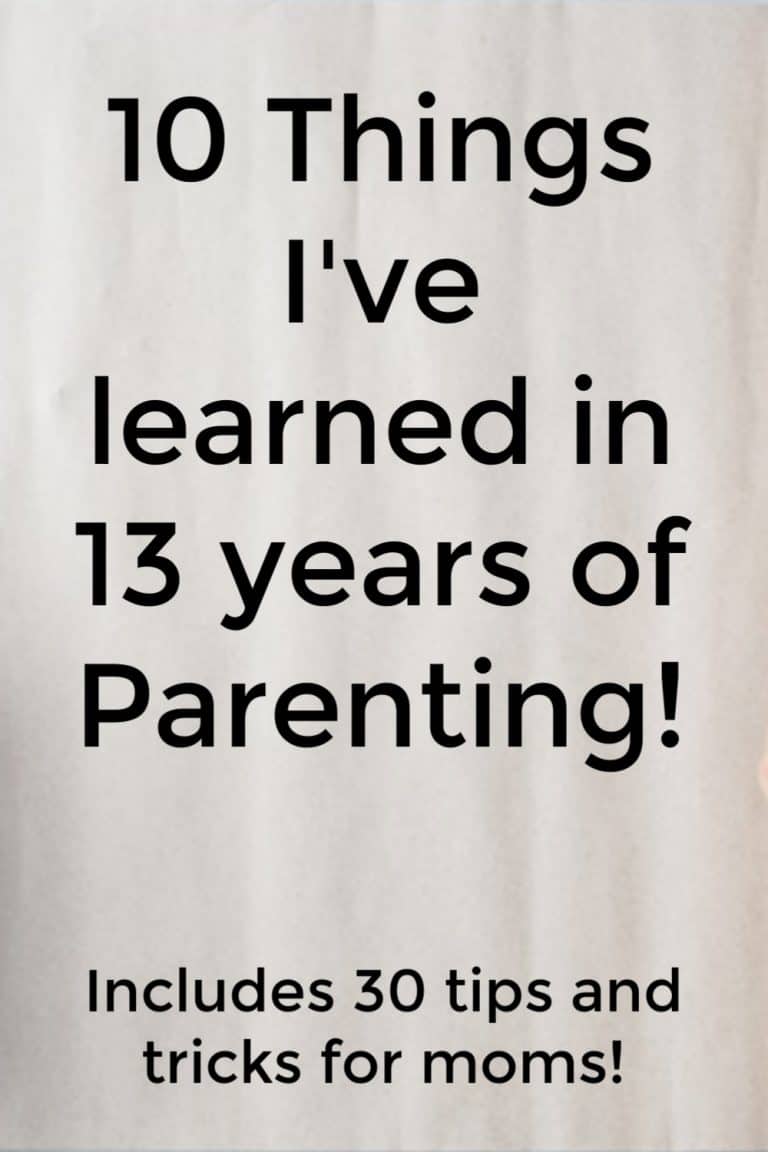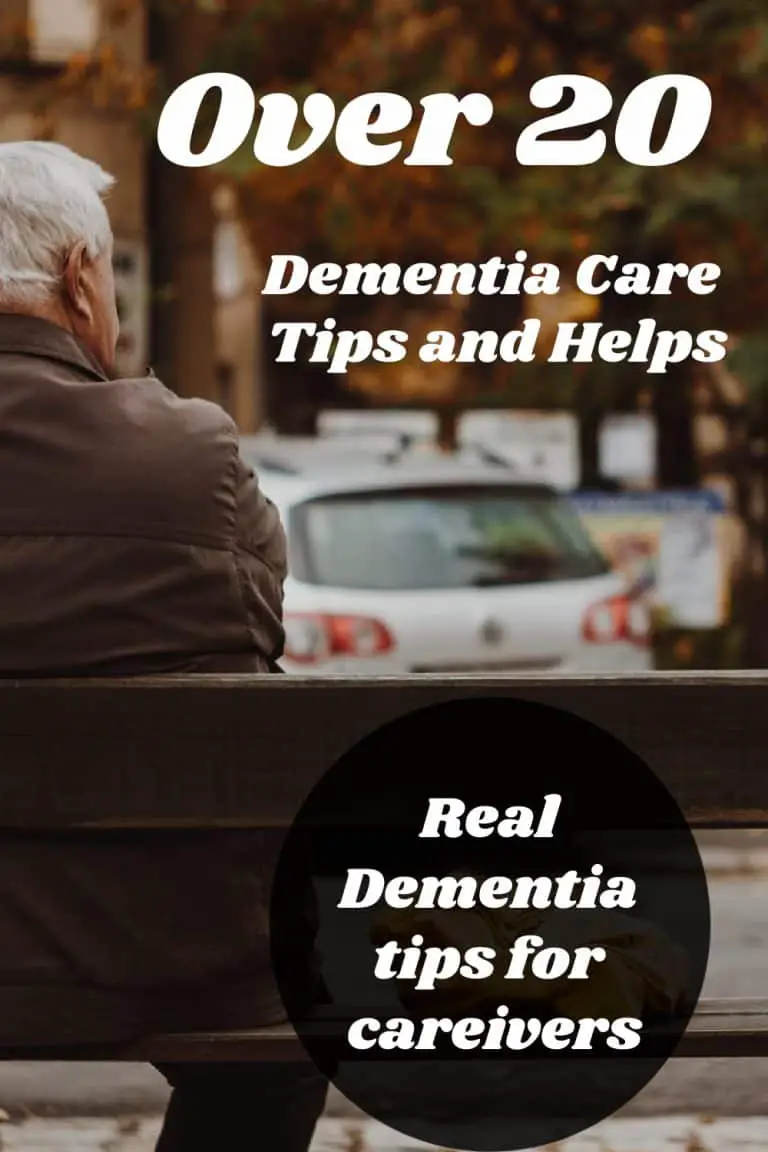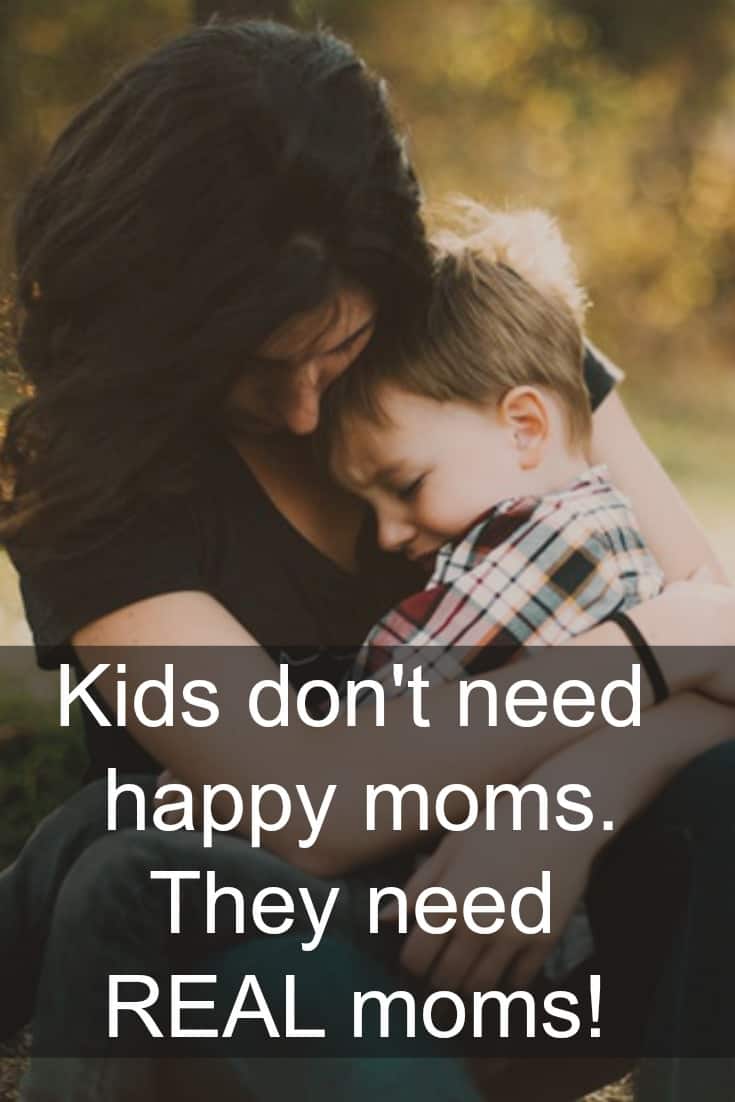Postpartum Depression Resources
Postpartum depression resources are so important to get your hands on if you’re having more than just a hard time adjusting. Welcoming a new baby home is supposed to be the highlight of your life. All the commercials and movies promote this magical experience. In fact, it’s presented as the most beautiful and life-changing moment of any mom’s life. Here’s the thing. It’s not so magical for some moms and that is OK!
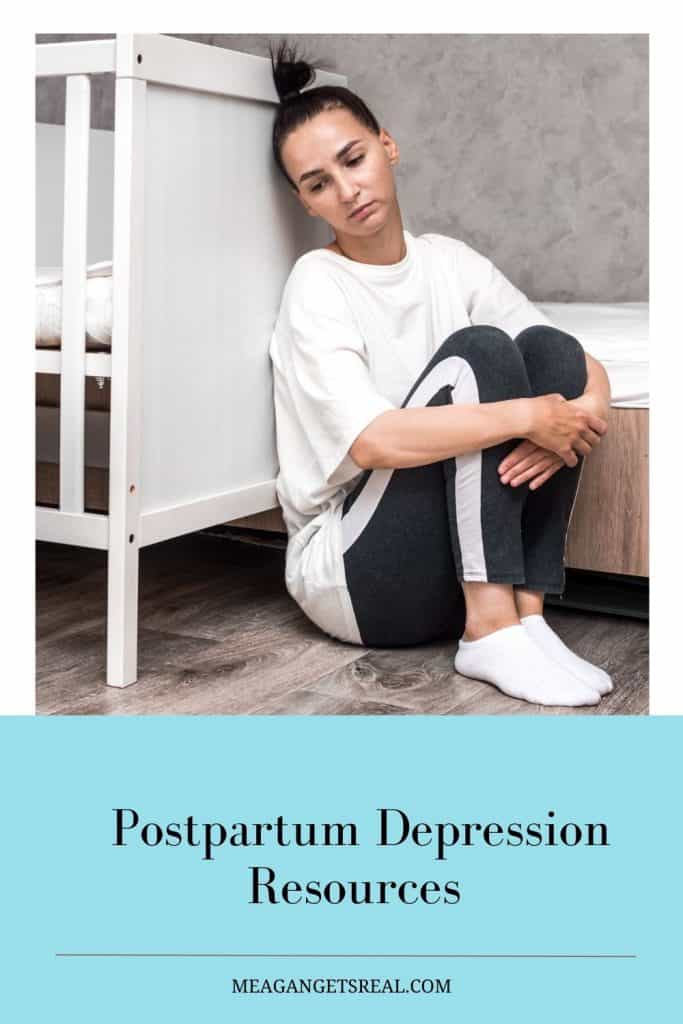
Support for Postpartum Depression
***** Are you in crisis? Before I continue, if you or someone you know is considering suicide please call the national suicide prevention helpline. In the U.S. the number is 1-800-273-TALK. Suicide.org has a list of lines for other areas in the world. You can also text the crisis text line. Text HELLO to 741741 to speak with someone. Right now, this post is not the answer you need if you are in the middle of a crisis. Reach out to someone who can help you. You are not alone.
What is postpartum depression?
According to Mayo Clinic postpartum is the following:
“Postpartum depression may be mistaken for baby blues at first — but the signs and symptoms are more intense and last longer, and may eventually interfere with your ability to care for your baby and handle other daily tasks. Symptoms usually develop within the first few weeks after giving birth, but may begin earlier ― during pregnancy ― or later — up to a year after birth.”
What are the symptoms of postpartum depression?
- Depressed mood or severe mood swings
- Excessive crying
- Difficulty bonding with your baby
- Withdrawing from family and friends
- Loss of appetite or eating much more than usual
- Inability to sleep (insomnia) or sleeping too much
- Overwhelming fatigue or loss of energy
- Reduced interest and pleasure in activities you used to enjoy
- Intense irritability and anger
- Fear that you’re not a good mother
- Hopelessness
- Feelings of worthlessness, shame, guilt or inadequacy
- Diminished ability to think clearly, concentrate or make decisions
- Restlessness
- Severe anxiety and panic attacks
- Thoughts of harming yourself or your baby
- Recurrent thoughts of death or suicide
Where should I start if I think I have postpartum depression?
Do you think you have postpartum depression? Start by calling your primary care physician or your OBGYN to make an appointment. They can work with you and help you to handle the health issues at hand. Postpartum depression is not a failure on your part. It is a medical result of a huge hormone shift. Speaking with a qualified medical professional should always be your first move.
Postpartum Depression Resources
- Postpartum Support International – 800-944-4PPD (4773) – PSI’s toll-free Help Line in English and Spanish, serves more than 600 callers a month, and rapidly refers callers to appropriate local resources including emergency services.
- SAMHSA’s National Helpline – “SAMHSA’s National Helpline, 1-800-662-HELP (4357) (also known as the Treatment Referral Routing Service), or TTY: 1-800-487-4889 is a confidential, free, 24-hour-a-day, 365-day-a-year, information service, in English and Spanish, for individuals and family members facing mental and/or substance use disorders. This service provides referrals to local treatment facilities, support groups, and community-based organizations.”
- National Suicide Prevention Hotline – “We can all help prevent suicide. The Lifeline provides 24/7, free and confidential support for people in distress, prevention and crisis resources for you or your loved ones, and best practices for professionals in the United States. Phone number:1-800-273-8255”
- 211 – 211 is the national United Way resource hotline. Call to find out what support groups and more you can find in your area.
Postpartum Depression Crisis Situation Solutions
Are you dealing with postpartum depression? Does it feel like you can’t cope! I remember that feeling all too well. I had postpartum depression with both of my children. There are some things you can do in the heart of a crisis to protect yourself and your baby. Before I continue, you are a good mom and this isn’t your fault. Here are some tips for when you are actively in crisis.
- Make sure your baby is safe. – When struggling with postpartum, it can be hard to think straight. Put your baby in a crib or swing where they can be safe long enough for you to make yourself safe. Holding your baby while you are in crisis is not always the best move. Instead, get them into a safe position before doing the next step.
- Call for help. – This might mean reaching out to a family member who can come help, calling a friend, or even reaching out to a crisis hotline. The goal is to help bring you out of a place of crisis so that you are safe for yourself and your baby.
- Speak truth over your situation. – When dealing with postpartum depression it can be easy to think the absolute worst case scenario. This is the time to remind yourself of a few important factors. You are a good mom. Your baby does need you. You are not failure. You can protect and care for this child. You are enough! Say it to yourself as much as you need to but only AFTER doing the two previous steps.
Looking for more?

